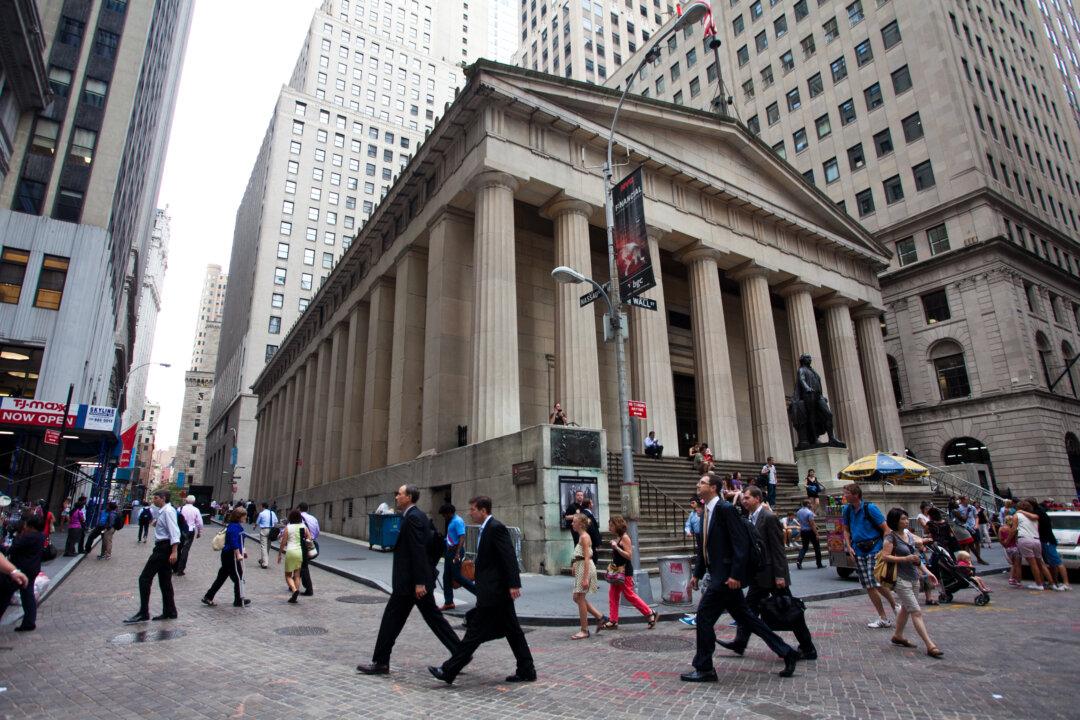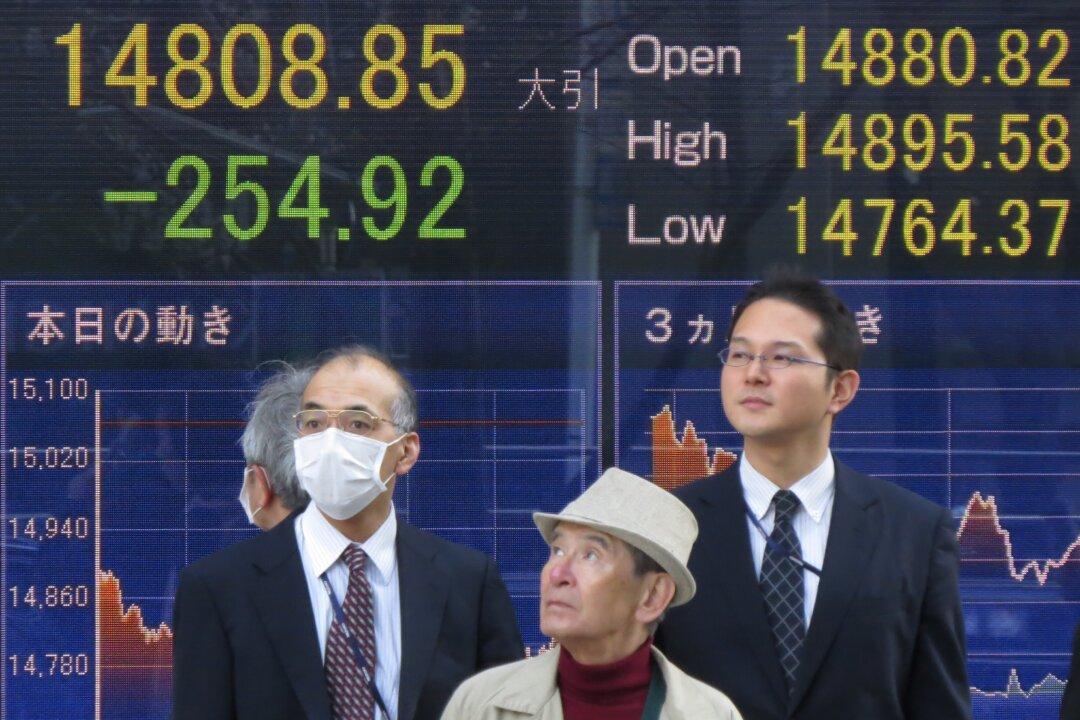As an integral part of the economy, Wall Street will never disappear. But with a terrible reputation for many years, especially since the Great Recession, the industry is at a critical moment: Wall Street worried that the scandals during the financial crisis would give rise to crushing government regulation—and eat into their ability to mint massive paydays.
Surveys show that there is a compelling reason for society to view Wall Street with suspicion: One in four bankers would cheat to make $10 million. The revelation conjures up the mid-1980s image of Ivan Boesky exchanging suitcases of cash for stock-moving information and his intricate web of illegal white-collar activities.
Every large firm on Wall Street is trying to introduce measures to police itself and avoid regulators’ attention, but none has been able to find a meaningful way to get ahead of its peers and thus get a sustainable competitive advantage. The failure lies in the flaw of their business model: the foundation of banking business is trust and the trust is built on the foundation of mutual interest in the same basket. With all the big guys on the Wall Street set up as public companies, bankers involved in daily business can in one way or another push any responsibility to the legal department of the firm in the future in case something wrong happens. The result is that no individual will face unbearable financial loss and lengthy loss of individual freedom.
In other words almost all employees, will not suffer meaningful financial loss if something goes wrong. This twisted compensation system will never be able to correct itself. Only when everyone at the management level will suffer severe personal financial and professional loss—no matter when unethical mistakes were made or who made them—will a firm then always put client trust above paper profit and thus build a lasting reputation and competitive advantage based on trust.
Only by transforming the typical current corporate structure into a private partnership can a Wall Street firm build the foundation of trust by potential clients: this structure will guarantee that the interests of clients and company are in one basket. The big structural competitive advantage of such new Wall Street firms will force clients of other financial firms to explain why not give business to the new firms, which will be viewed favorably by regulators and public, at least on the investment banking side.
People will eventually lose confidence completely in Wall Street after so many years of failed self-policing. Wall Street will be remembered as Mean Street if it still does not have the vision and determination to make fundamental changes to the way it operates its trust-based businesses.
Warren Song is a New York-based financial consultant.
Opinion
Which Firm Will Dominate Wall Street? The One That Goes Back to Partnership
As an integral part of the economy, Wall Street will never disappear. But with a terrible reputation for many years, especially since the Great Recession, the industry is at a critical moment: Wall Street worried that the scandals during the financial crisis would give rise to crushing government regulation—and eat into their ability to mint massive paydays.

Federal Hall on Wall Street. Epoch Times
|Updated:



